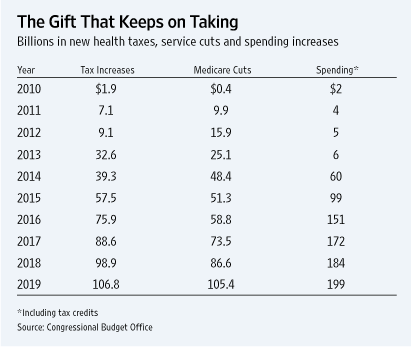December 27th, 2009 by Richard Cooper, M.D. in Better Health Network, Health Policy, Opinion
Tags: Geographic Distribution, Medicare, Open Letter, Pelosi, Poor, Reid, Senate Healthcare Bill
No Comments »

Provisions in the Senate and House health care reform bills propose to reallocate resources based on geographic differences in Medicare spending. While well intended, they will penalize providers who care for the poor and impair access for these vulnerable patients.
A reallocation of resources to lower-cost states has been endorsed by members of Congress from states with lower Medicare spending who believe that, by receiving less from Medicare, their states are currently being penalized for being “efficient.” However, it is not efficiency that accounts for their lower spending. It is less poverty and better health status. Read more »
*This blog post was originally published at PHYSICIANS and HEALTH CARE REFORM Commentaries and Controversies*
December 27th, 2009 by Stanley Feld, M.D. in Better Health Network, Health Policy, Opinion
Tags: Commodity, Costs, Government Takeover, Healthcare reform, Obamacare, Rebuttle
No Comments »

Dr. Val Jones publishes Get Better Health an excellent healthcare website. https://getbetterhealth.com/
It is composed of a selection of many of her chosen healthcare bloggers. Val publishes blog entries of many contributors in her network daily. Val published my December 19th entry. It generated the following comment.
“Comment:
I am surprised that a diabetes doctor let his politics permeate his opinion of the AHRQ? We know that over 50% of the time patients don’t receive the standard of care and I would be interested to know what the numbers are like in his practice? Read more »
*This blog post was originally published at Repairing the Healthcare System*
December 27th, 2009 by KerriSparling in Better Health Network, True Stories
Tags: Doctor Visits, Endocrinology, Joslin Clinic, Obstetrics And Gynecology, Pregnancy, Type 1 Diabetes
No Comments »

Last Friday, Chris and I (and BSparl) were at Joslin all day long. ALL DAY. But that’s what’s required with type 1 diabetes and pregnancy, so I wanted to recap these appointment for posterity, and for anyone else who is curious about what it takes to manage this whole party. It’s a long post, but with five different appointments to cover, I want to make sure I don’t miss a beat.
Grab some coffee. I’ll wait. 🙂

Eye Dilation: Read more »
*This blog post was originally published at Six Until Me.*
December 26th, 2009 by DrWes in Better Health Network, Health Policy
Tags: Costs, Finance, Healthcare reform, Medicare Cuts, Senate Healthcare Bill, Spending, Tax Increases
1 Comment »


As the Senators vote to pass their bill to extend insurance to thirty million more people while failing to address malpractice or physician payment reform, we can all only hope and pray that it’s worth it in the end.
On thing’s for sure, 2010 is shaping up to be one heck of a year.
Merry Christmas.
-Wes
Chart source.Musings of a cardiologist and cardiac electrophysiologist.
*This blog post was originally published at Dr. Wes*
December 26th, 2009 by Jonathan Foulds, Ph.D. in Better Health Network, Health Tips, Research
Tags: Addiction Medicine, cigarette, nicotine, Pathophysiology, Quitting, Receptors, smoking
No Comments »

I was recently asked to review a new textbook on Nicotine Psychopharmacology, containing 18 very thorough chapters describing the latest evidence on the effects of smoking and nicotine on the brain and behavior. Much of it, though interesting, was a very heavy read. But it occurred to me that it might be useful to try to summarize what the 544 pages in this new book suggests about the effects of nicotine and the reasons smokers get addicted. So here is an attempt to describe how nicotine addiction works, in simplified terms.
When a smoker inhales nicotine from a cigarette, the drug is carried to the brain in highly concentrated form within around 10-15 seconds. The drug then Read more »
This post, How Cigarette Nicotine Affects The Brain, was originally published on
Healthine.com by Jonathan Foulds, Ph.D..

















